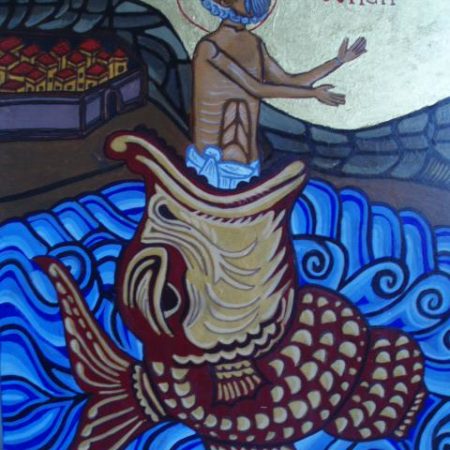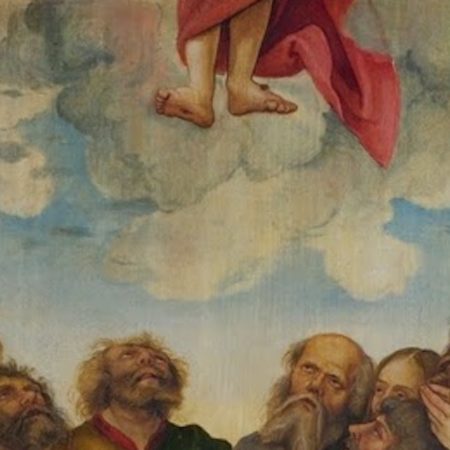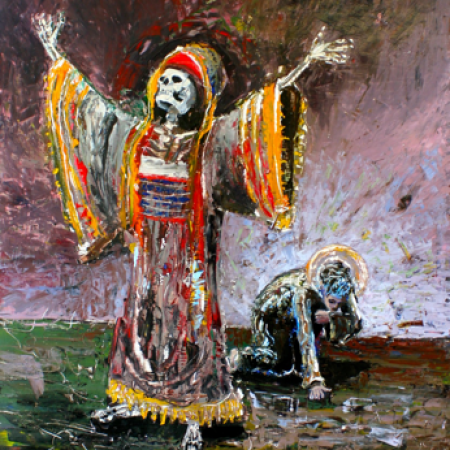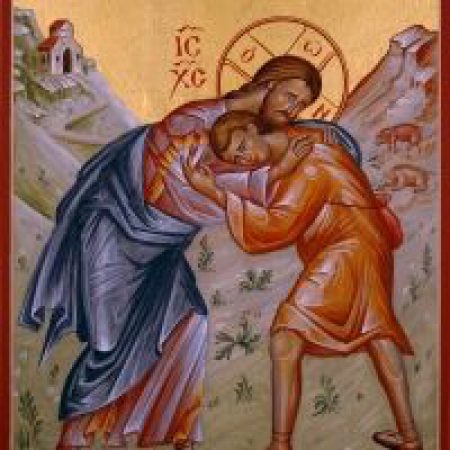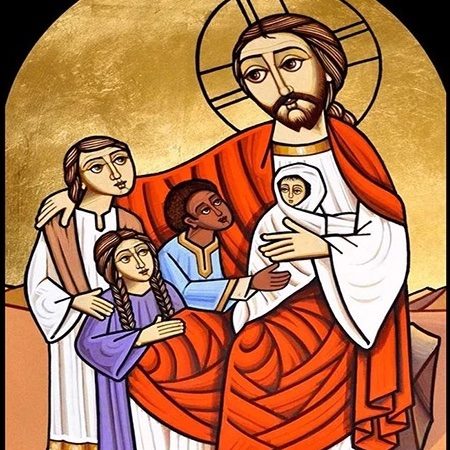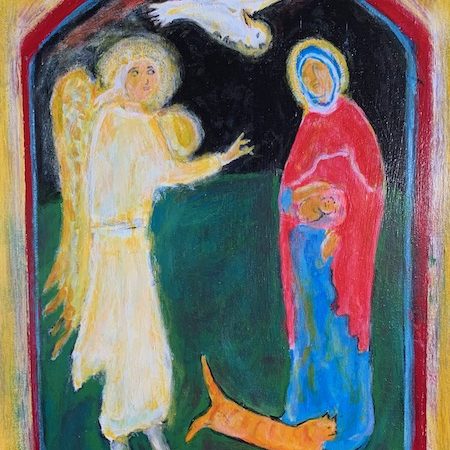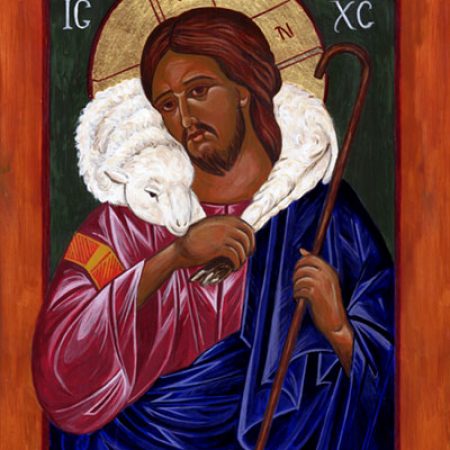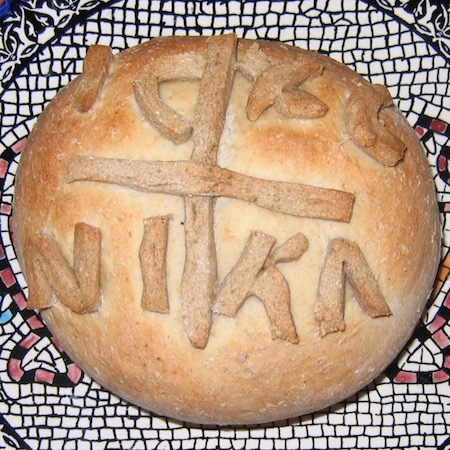Healing the world’s tribalism and uniting us as one human family is the central goal of the gospel, the mission of salvation, the realisation of the kingdom of God.
Sermons on Reconciliation
God is most likely and able to work through those who accept their own weakness and don’t try to forcefully assert their own power and influence.
The Holy Spirit, poured out on the church, opens pathways of communication, breaking down barriers to enable us to communicate with one another and with God.
The story of Jonah challenges us whenever we start thinking that we have special rights as God’s people.
In order to recognise and cooperate with what God is doing, we often need to recognise and see past the assumptions that come with our own privilege.
Jesus calls us to look to the new things God is doing and seeks to humbly cooperate with them and bear witness to them.
Being a disciple of Jesus is not about changing behaviour, it’s about changing life! It’s about being changed at our very core so that our inner motivations and attitudes are transformed.
The particularity of Jesus’s identity scandalises our tribal sensibilities, but our attempts to erase such details in favour of a more “universal” truth inevitably fail to convey the good news of God with us.
God invites us into a journey of healing, growth and reconciliation, and values our engagement with that journey far above our individual accomplishments.
In Christ, God has made an agreement with us, offering us everything and demanding nothing, but if we offer nothing we will be at risk of squandering it all.
The Kingdom of God can only be accepted the way a child welcomes a hug, not the way lawyers accept a divorce settlement.
Instead of leaving unsaid the things that could cause conflict and division, we are called to listen intensely, slowly, intentionally, allowing all to speak their truth, so that we can find a way to move forward together in love and humility.
If we surrender ourselves to the Holy Spirit, we lose some of our inhibitions about social conformity and are liberated to break down the boundaries that keep people apart.
God’s coming does not reinforce our social norms and hierarchies, but breaches them to reconcile and re-dignify those who the social order has sacrificed and cast aside.
In a world dominated by arrogant and exploitative leaders, Jesus models a gentle shepherding leadership that prioritises the reintegration of the broken over the drive for “success” and “efficiency”.
The Holy Spirit breaks out of the boxes that our limited languages construct, surprising us with new messages of hope and freedom and life.
El Espíritu de Jesús nos une a través de límites previamente hostiles y nos enseña un lenguaje de amor liberador.
(The Spirit of Jesus unites us across previously hostile boundaries and teaches us a language of liberating love.)
Jesus calls us to unite as his body around his table, and if we come to the table without seeking that unity, we dishonour Jesus.
Jesus calls us to neither conservatism nor iconoclasm, but to a faithful reckoning with the gifts and the sins of the past as we welcome and adapt to the new.
Godly love and respect doesn’t prevent disagreements in the church community, but it should enable us to address them without having to call in the lawyers.




